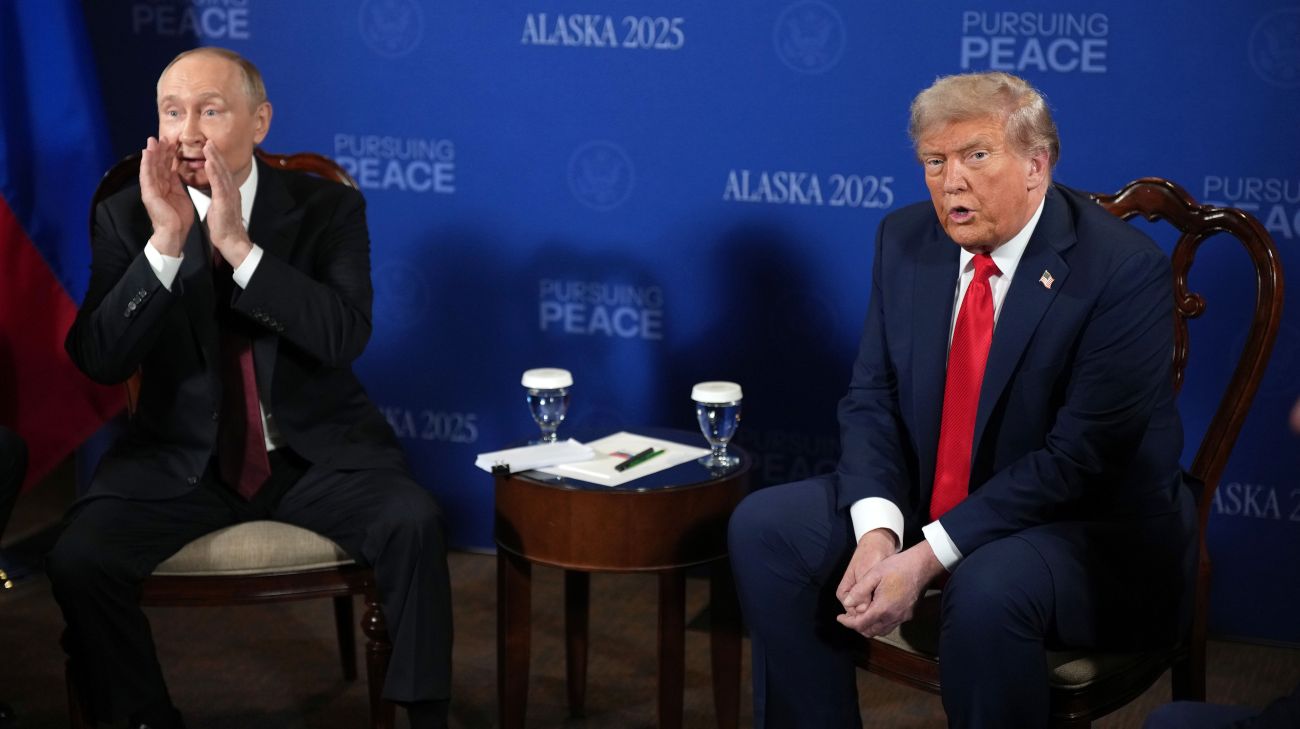Deepening assessment of Trump’s perceived influence over Putin amid Russia-Ukraine conflict

Recent statements by former U.S.
President Donald Trump have sparked significant discussion and analysis within the global political community, highlighting a potential shift in his perception of his ability to influence Vladimir Putin, Russia’s leader and key architect of aggression against Ukraine.
Multiple sources indicate that Trump has begun expressing doubts about his influence and leverage that he once believed he possessed in dialogues with the Kremlin, admitting to confidants that he underestimated Putin’s desire for peace.
These comments come ahead of his return to the political stage when he previously pledged to do everything possible to end the war in Ukraine, including imposing necessary sanctions.
However, the situation has changed, and Trump now admits that his capacity to persuade or exert influence is no longer what it used to be.
Despite this, he has refrained from imposing new sanctions against Russia, instead shifting responsibility for pressuring Putin onto European nations, urging the European Union to tighten sanctions on Moscow and Beijing.
His recent statements raise numerous questions and suggest a possible conscious or unconscious reduction of American influence in the region.
At the end of September, Trump announced on his social media platform that he was prepared to escalate sanctions against Russia and demanded that NATO countries cease purchasing Russian oil to make their actions more effective.
This underscores his desire to maintain political influence while also indicating caution and possible withdrawal from direct influence efforts amid the complex geopolitical landscape ahead of decisive actions regarding Ukraine.

